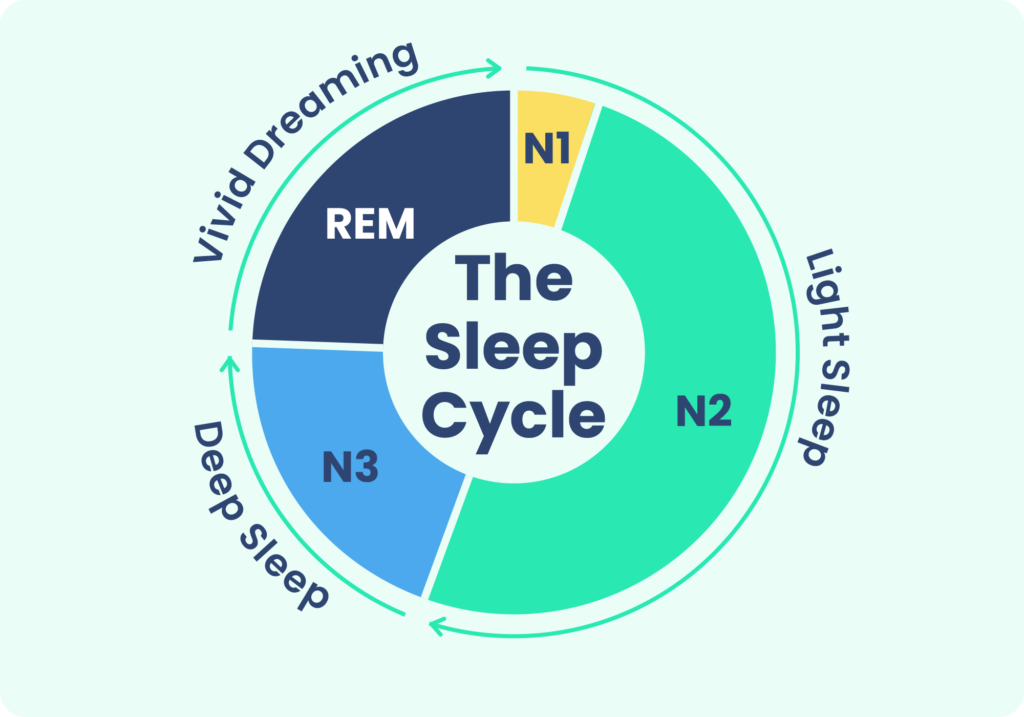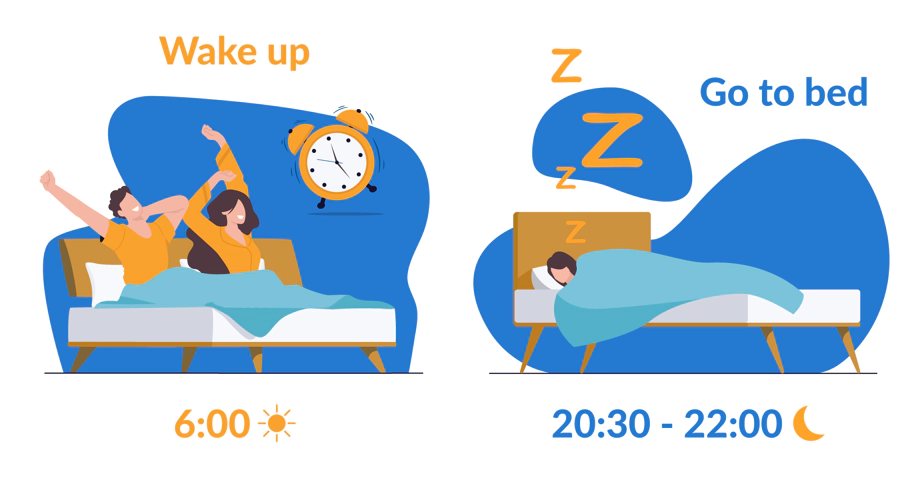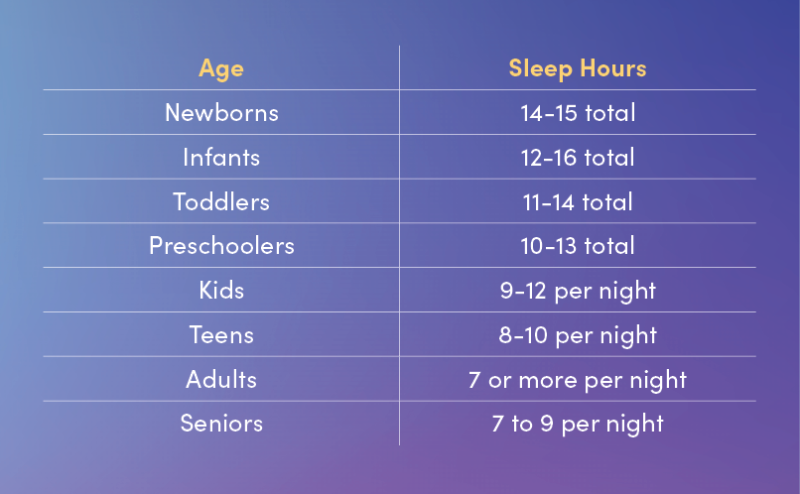The Ultimate Sleep Calculator for Better Health and Productivity
.jpg)
Good sleep is not just about how many hours you spend in bed it’s about when and how you sleep. Many people assume that getting a standard eight hours of rest guarantees energy the next day, yet still wake up groggy. The reason lies in your sleep cycles. If you wake up at the wrong point in a cycle, you may feel more tired than if you had slept for fewer hours. A sleep calculator helps you solve this problem by identifying the best times to sleep and wake up, so you can experience truly restful nights.
What Is a Sleep Calculator?
A sleep calculator is a tool designed to align your bedtime and wake-up time with your body’s natural sleep cycles. On average, a sleep cycle lasts about 90 minutes and includes stages of light sleep, deep sleep, and REM sleep. Completing full cycles is crucial for restorative rest.
The sleep calculator works by calculating these cycles in advance. Instead of guessing when you should set your alarm, it recommends times that allow you to wake up at the end of a cycle when your body is naturally more alert.
Why Sleep Cycles Matter
Understanding sleep cycles is key to better rest. If you wake up in the middle of deep sleep, your body feels disrupted, which often results in grogginess, lack of focus, and low energy. On the other hand, waking up at the end of a cycle leaves you feeling refreshed, even if you slept a little less.
That’s why a sleep calculator is so useful it shifts the focus from “how long” you sleep to “when” you sleep. This small adjustment can make mornings much easier and more energizing.
How to Use a Sleep Calculator
-
If you know your wake-up time, the calculator suggests the best bedtimes that align with complete cycles.
-
If you know your bedtime, it can predict the most effective wake-up times.
Common Myths About Sleep
Eight hours is the magic number
Not true quality matters more than quantity. Six hours of properly timed sleep may be better than eight hours of disrupted rest.
Naps are bad for you
Short naps (20–30 minutes) can improve alertness, but longer naps may disrupt cycles.
You can catch up on sleep
While extra rest on weekends may help, chronic sleep debt isn’t easily erased. Consistency is the real solution.
Final Thoughts
Good sleep is not about clocking more hours—it’s about syncing with your body’s natural rhythm. A sleep calculator helps you find that rhythm by aligning your rest with your sleep cycles. The result? You wake up refreshed, energized, and ready to take on the day.
.jpg)

.jpg)


